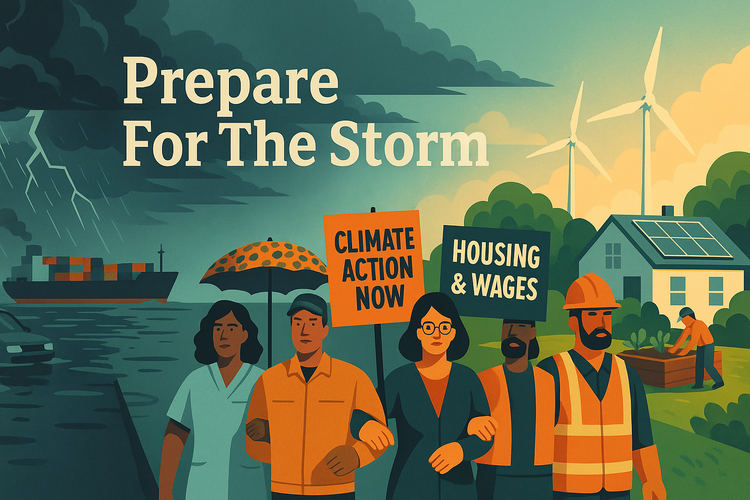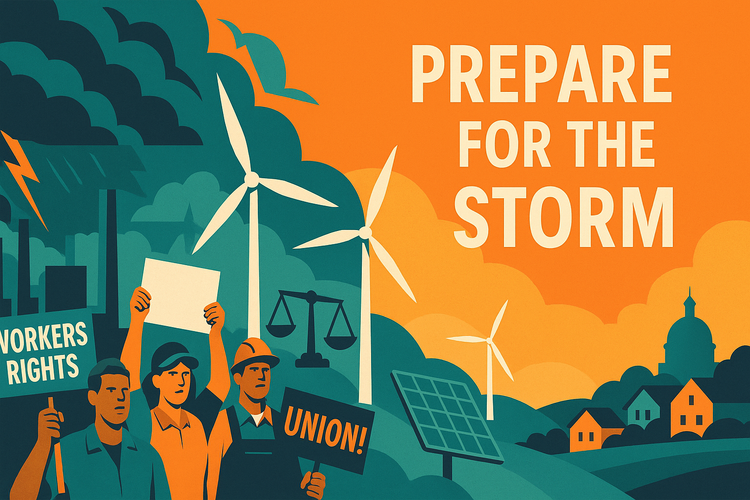The Great American Backslide

French political thinker Alexis de Tocqueville wrote in his book “Democracy in America” that our American Democracy was a “great experiment” and studied whether democracy could function at scale.
In his opinion, democracy could scale provided these key items:
- A relatively egalitarian society (at the time, among white males).
- Absence of a powerful aristocracy or inherited nobility.
- A culture of local self-governance and civic participation.
- The role of religion in promoting moral behavior.
- A strong tradition of voluntary associations (what we’d now call civil society).
He warned that democracy could fail if the following happens:
Tyranny of the Majority - He worried that majority rule could suppress minority voices and individual rights.
Centralization of Power - As democracy scales, there’s a risk of power concentrating in a centralized government, reducing local autonomy and individual initiative.
Despotism Through Bureaucracy - He foresaw the danger of a “soft despotism,” where a paternalistic state manages everything, leaving citizens passive and politically disengaged.
Erosion of Civic Engagement - As societies urbanize and grow, people might become more individualistic and isolated, weakening the communal bonds that democracy relies on.
Now, with nearly 250 years of democracy in the United States, I propose that this great experiment has failed.
It has failed for the reasons Tocqueville warned about and then some.
Reagan’s Long Shadow: How the Gipper Paved the Road to Trump
I came of age in the 1980s, during the Reagan administration. My parents couldn’t vote, but my father sure talked about Ronnie a lot. He supported Reagan as well as our mostly blue-collar town in New Jersey. He echoed the concerns of the average American and which handed him the landslide victory for his second term.
But as I grow older, I realize the changes he enacted have led directly to the whack nuts in power today.




